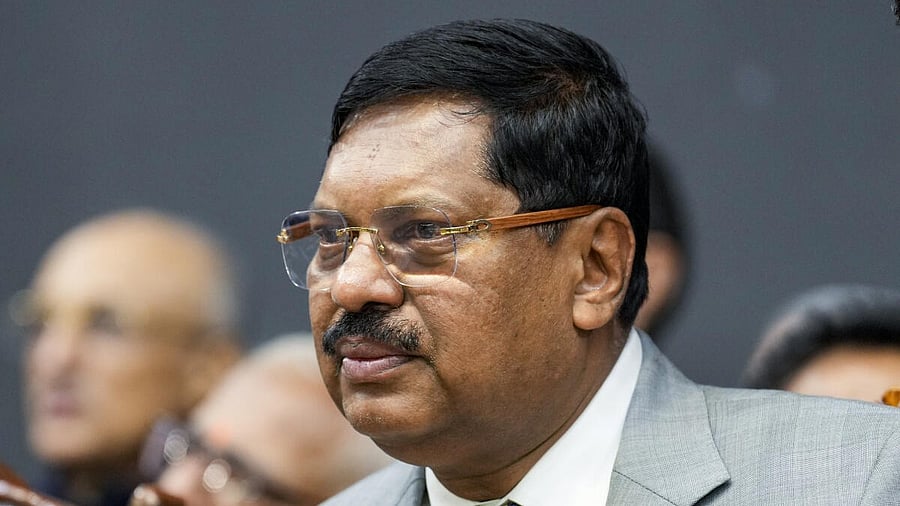
Chief Justice of India B R Gavai
Credit: PTI File Photo
New Delhi: Chief Justice of India B R Gavai on Saturday flagged conduct of some of the judges, leading to discontent in the bar, saying that judges wield immense power, which must be carried with the utmost humility and responsibility.
Addressing the 10th All India Conference of the Central Administrative Tribunal 2025, in the national capital, the CJI said, “Recently we have also noticed that due to the conduct of some of the judges, there is discontent in the bar. I had read a newspaper item or on Google wherein, because of one judge in one high court, I won’t name the judge nor the high court, a young lawyer was so brow-beaten that he became unconscious in the court."
He underscored that as judges, one must also accept the position that both judges as well as lawyers are like two wheels of the golden chariot of justice, non-superior, non-inferior.
He said that unless both the judges and lawyers work together, the institution of administration of justice, which exists for the citizens of the country, cannot function properly.
“As judicial officers, as the judges, as the members of the tribunal, we wield immense power. And you must carry this power with the utmost humility and responsibility," the CJI said.
The CJI said all litigants who appear before the court do so with the faith that they will receive justice.
“I urge you to honour this responsibility, not just within official spaces, but outside as well," he said.
He said in many ways, our roles are those of a leader, "you will shape the lives of several thousand citizens through the outcomes that we determine, thereby also affecting the faith of the citizens in the country’s judiciary."
The CJI reminded in Martin Luther King’s words, “We need leaders not in love with money but in love with justice. Not in love with publicity but in love with humanity. Leaders who can subject their particular egos to the pressing urgencies of the great cause of freedom.”
The CJI also pointed out in the All India Judges case, the Supreme Court reintroduced the requirement of practice of three years for the law graduate to be eligible for the examination of judicial magistrate first class.
“It was noticed that the fresh graduates, who did not have any experience or exposure of the court, the chair would go in their hands on the very first day and they would prohibit or ill-treat the lawyers who have standing for 40 years or 50 years and therefore we thought that it was necessary that the candidates appearing before the examination must be exposed to the court’s practice and procedure,” he said.
The CJI also highlighted various issues plaguing the tribunals and the country's justice delivery system in the presence of Union Law Minister Arjun Ram Meghwal and Union Minister of State in the Prime Minister's Office Jitendra Singh.
He said the administrative tribunals, having members from administrative services, are hesitant in passing orders against the government.
“Some of the judges coming from administration do not forget that they are from administration and they avoid passing any order which would be against the government,” he said.
Emphasising at an uniform appointment process, he said if the government desires that the retired judges of the high court and good judicial officers should adorn the office of the tribunals, a quick look or quick relook of the service conditions of the chairperson and members of the tribunals is the need of the day.
He also flagged the multiplicity of appeals, highlighted by Minister Meghwal in his address, in cases where appeals are filed in the Supreme Court, even though there are concurrent findings of the Central Administrative Tribunal (CAT) and high courts.
He said this happens because bureaucrats are afraid of taking any risk and want to pass the buck to the courts.
The CJI also emphasised at the need for some central agency to filter as to whether the matter really deserves to be appealed or not, saying that will greatly reduce the pendency of the matters before the court.
